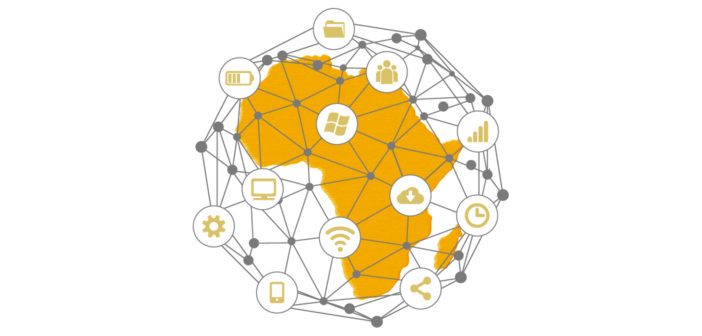Take Kenya, for example: In June 2017, shortly after the first presentation of the NetzDG in the German Bundestag, parliament passed a law against hate speech online, explains Jacob Mchangama, a Danish lawyer and director of Justitia. “I think the German NetzDG law has given justification to African countries, many of them authoritarian,” he told DW. “I think these countries probably would have created online censorship laws anyway, because they always had problems with freedom of expression, even before the internet. But when one of Europe’s leading democracies makes a law that creates possibilities for online censorship, then it becomes much easier for authoritarian states to justify online censorship.”
It is particularly noteworthy that the new laws in Kenya were adopted in such a short space of time, shortly after the introduction of the German law, and used practically the same instruments and measures for regulating social media platforms, says Mchangama.
Similar to German law, the Kenyan guidelines require social media service providers to delete “unwanted political content and hate posts that are used on their platforms within 24 hours.” Network operators are required to delete criminal content, and the German NetzDG states that “obviously illegal content must be deleted within 24 hours,” otherwise repeated fines or “systemic failure” can add up to fines of up to €50 million.
Mchangama says you don’t need to be well-versed in aspects of the law to suspect that platforms in Europe and Africa that face such a high fine would instead delete too much than too little.
Read the full article at Deutsche Welle.




